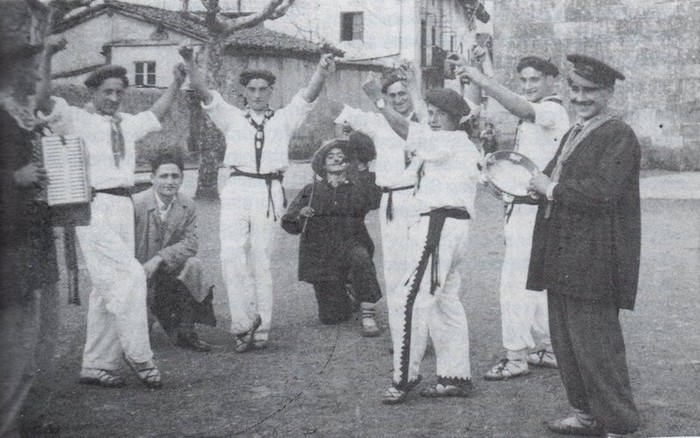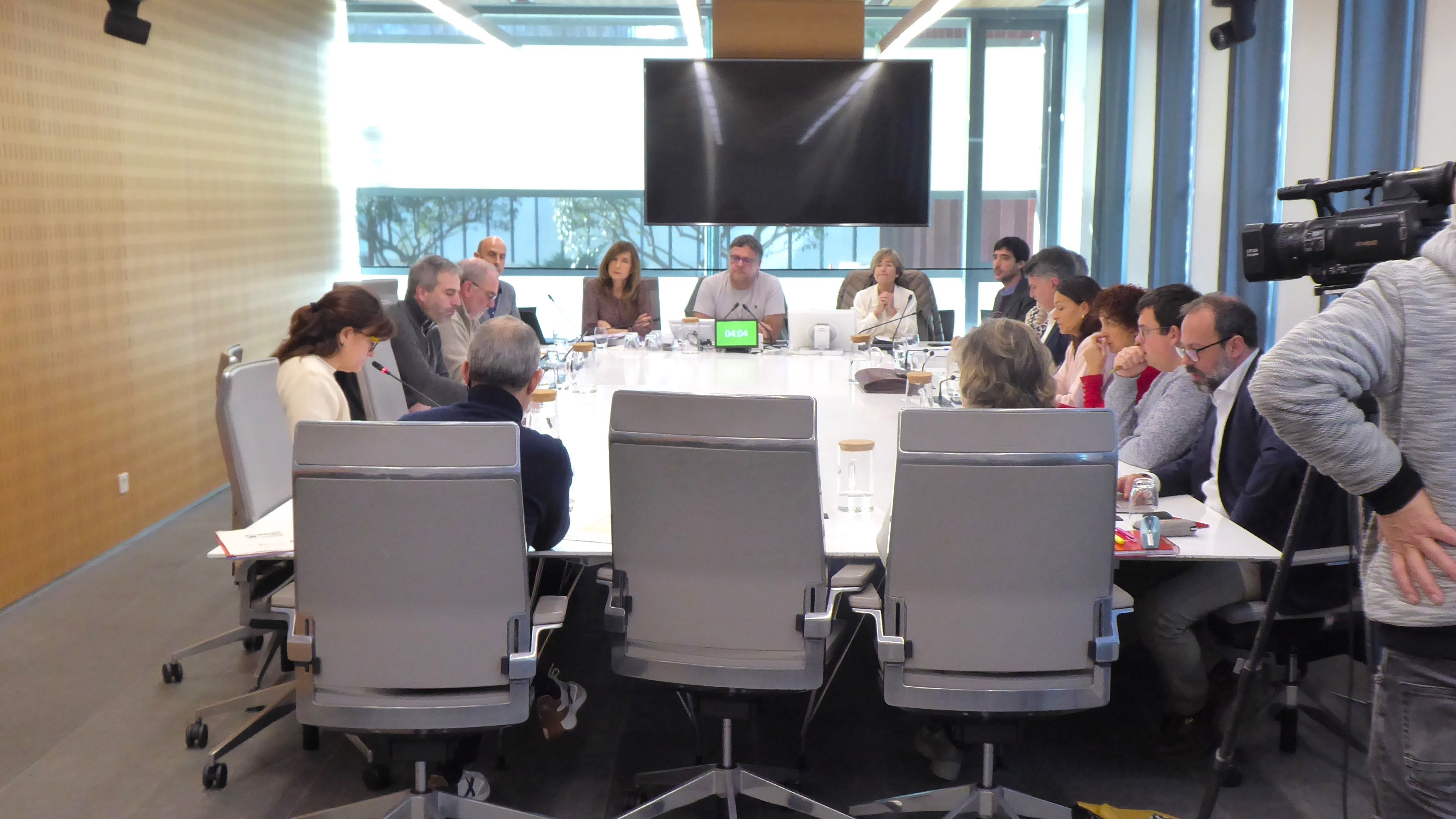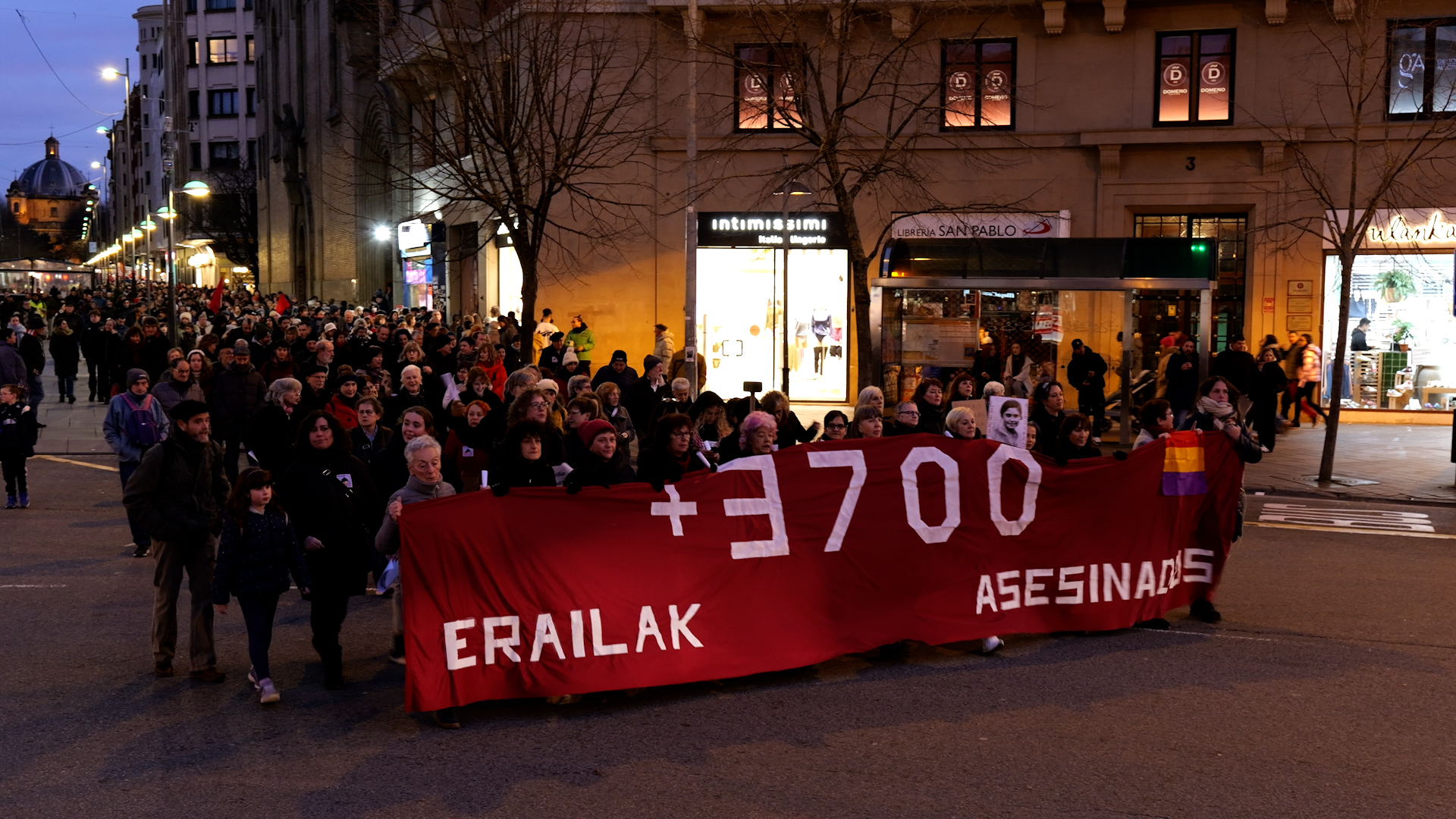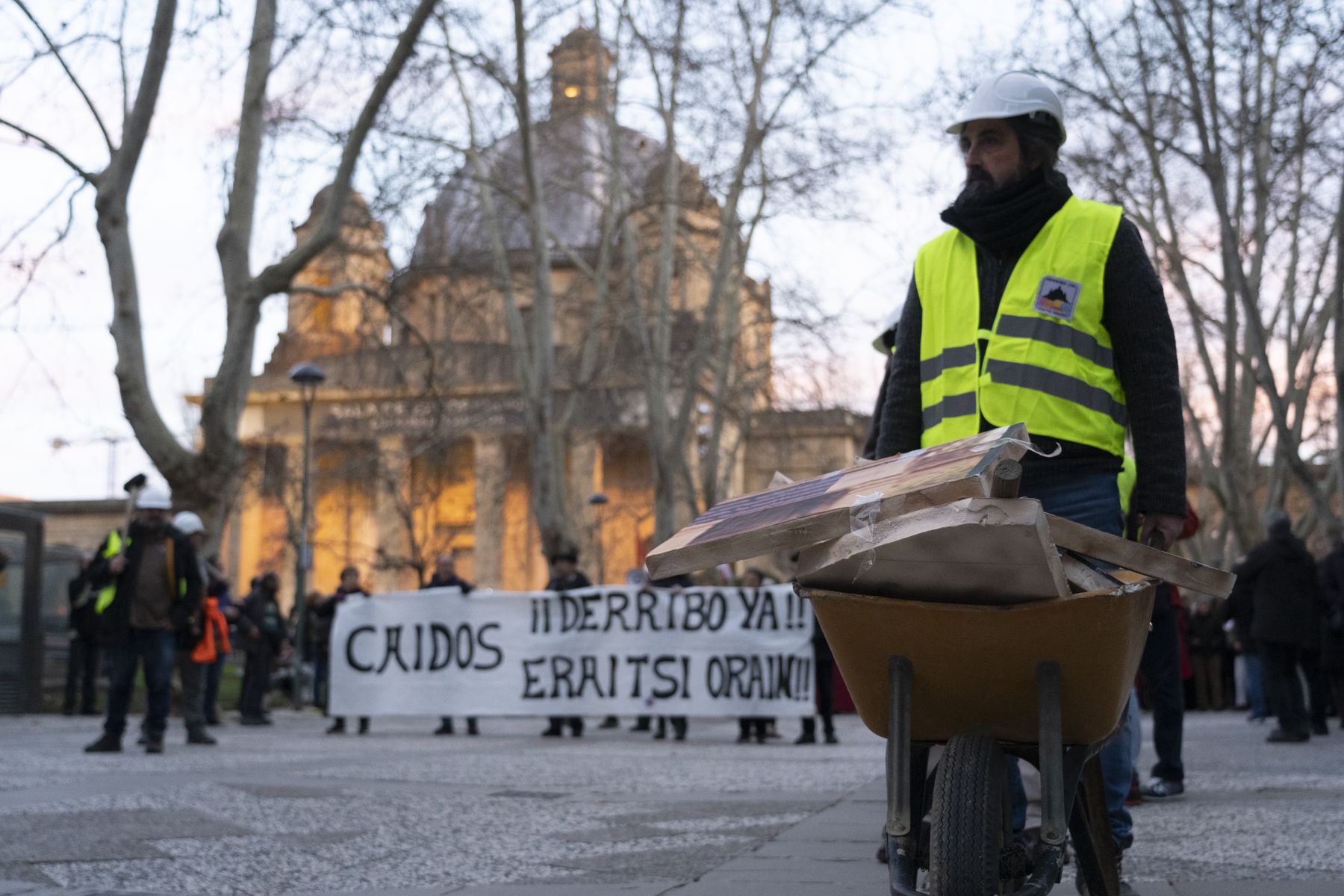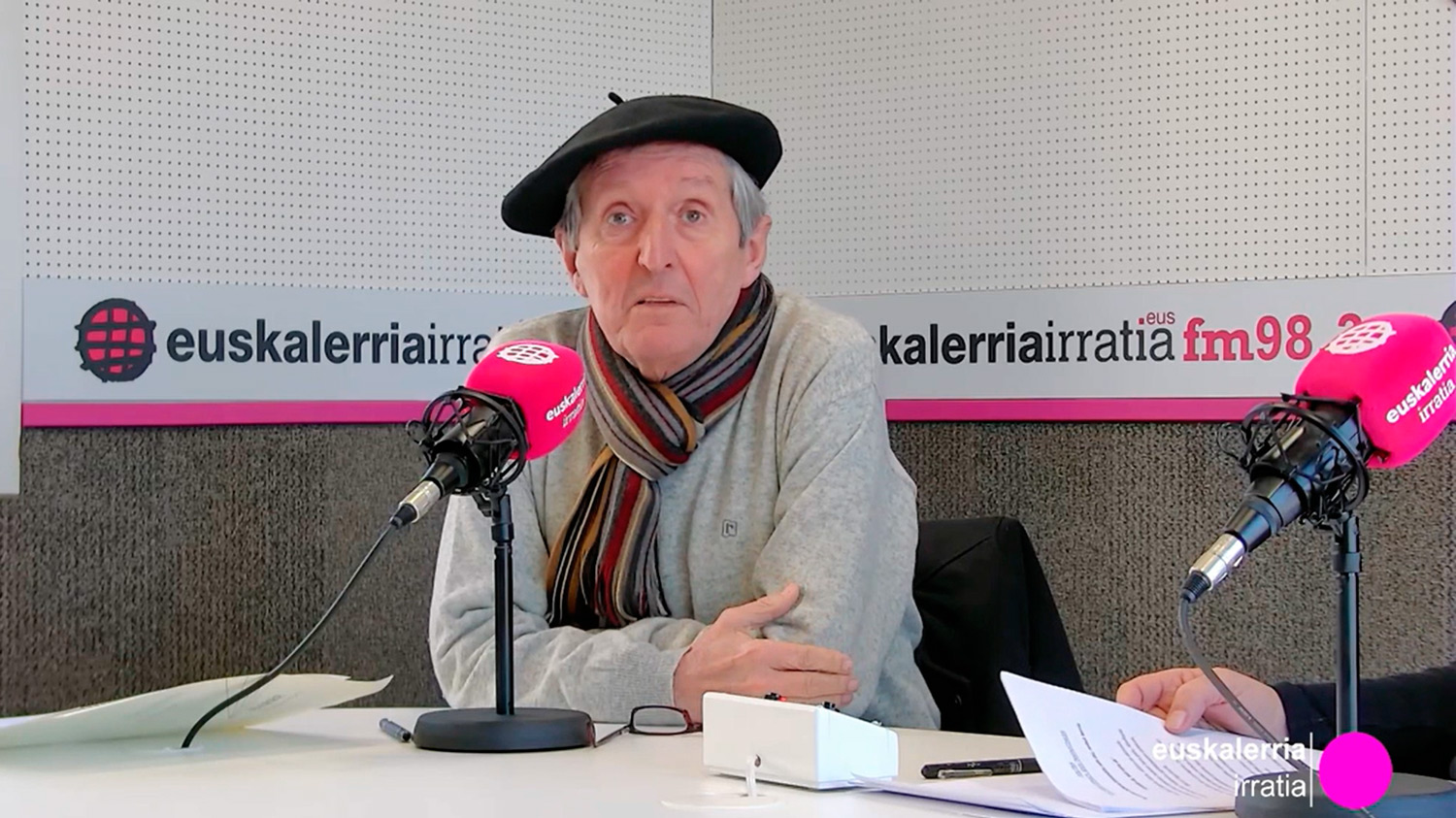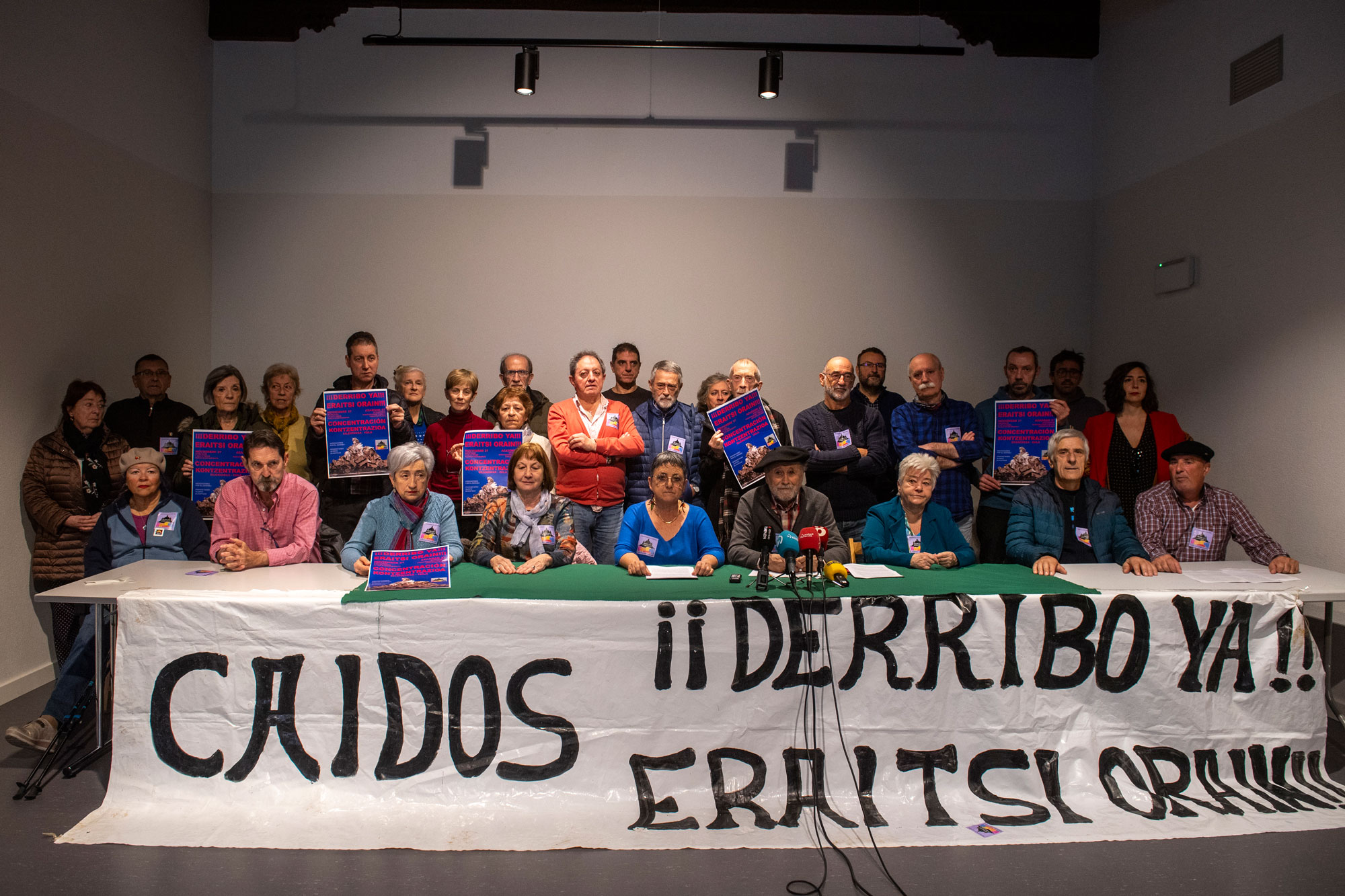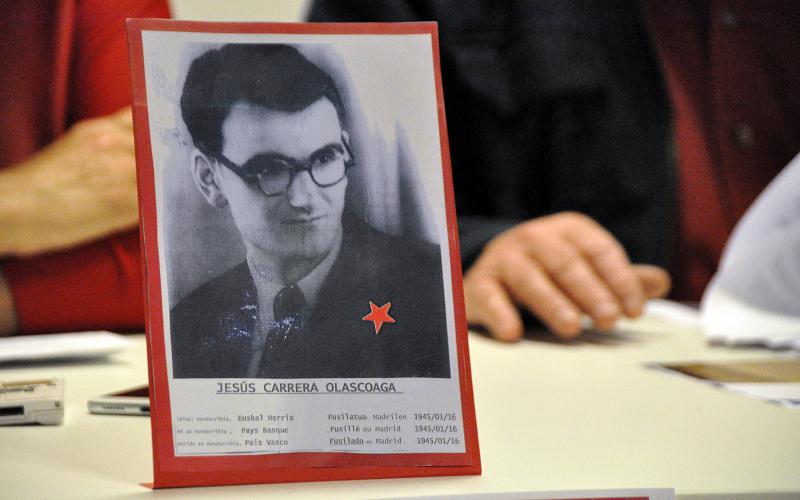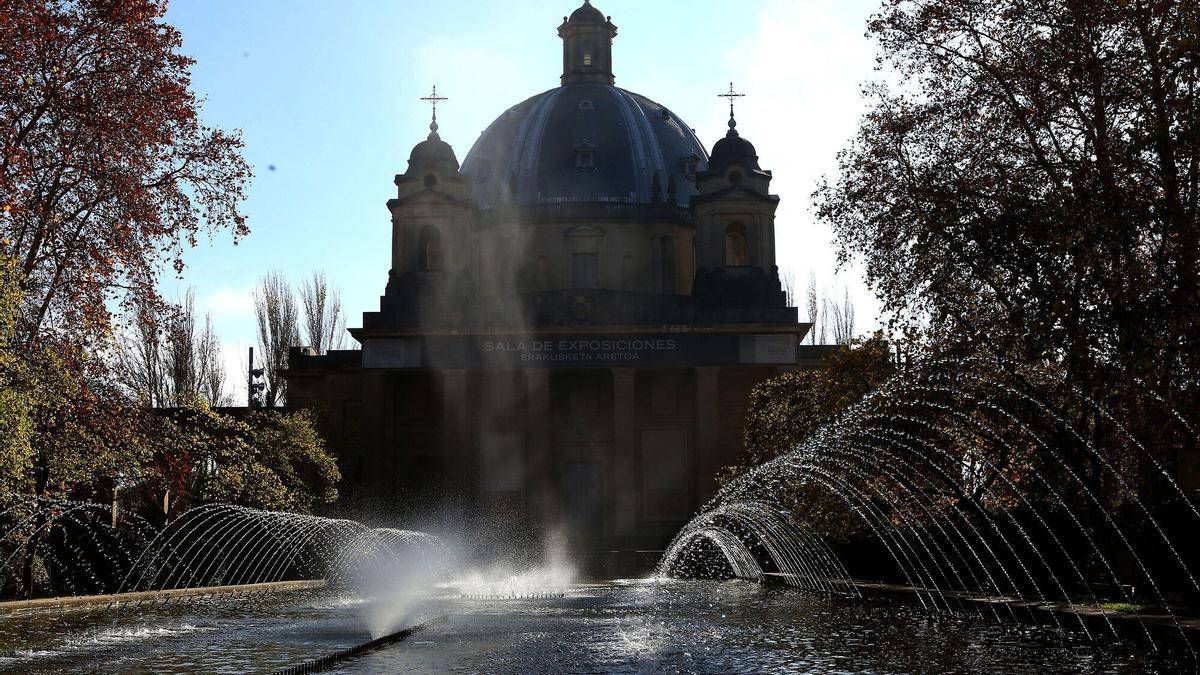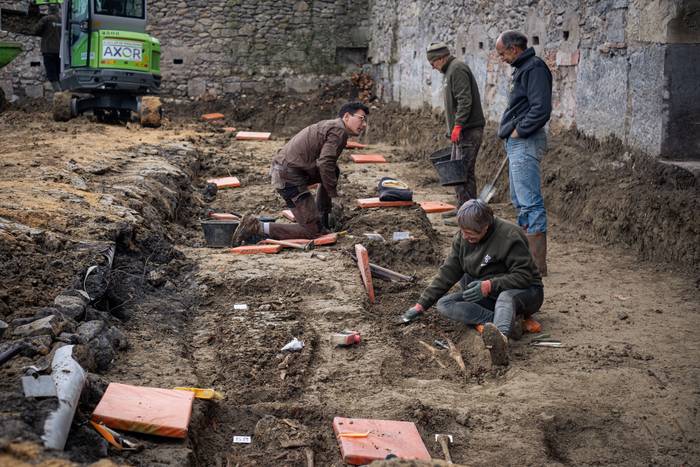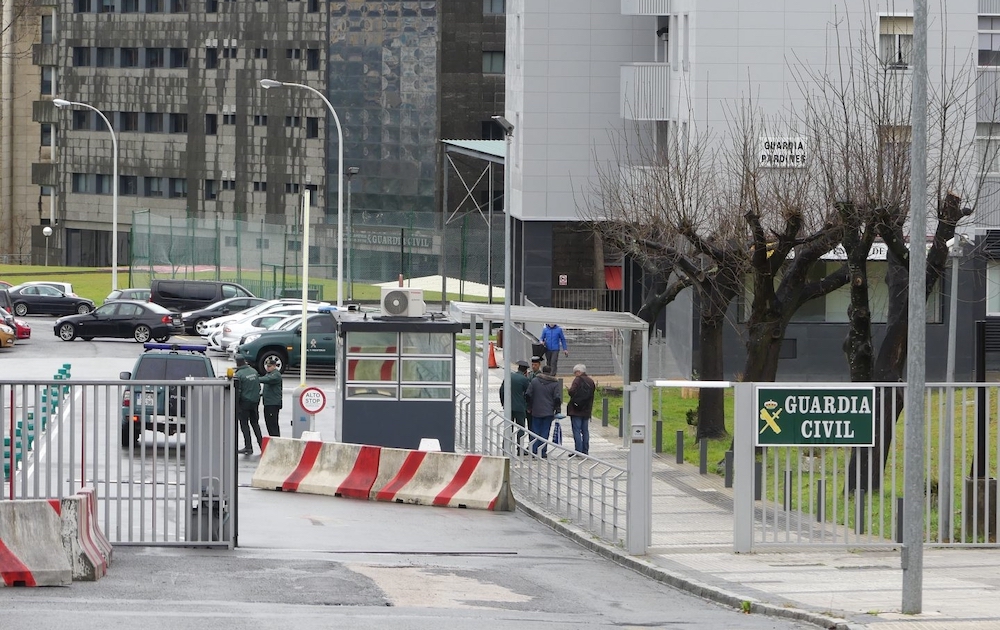Martin Villa sits down to justice
- The former Francoist minister has defended her innocence before Judge Maria Servini. Servini has a period of ten days to decide whether or not to prosecute the young woman or to close the proceedings against her.

Argentinian Justice charges former Francoist Minister Rodolfo Martín Villa for a murder offence for the 1976 massacre in Vitoria-Gasteiz, the events of the Sanfermines of 1978 and six others killed by the Spanish armed forces between 1976 and 1977, as part of the general crime of crimes against humanity. In the afternoon, Martín Villa declared telematically before the Argentine Judge María Servini. On the street, hundreds of people have gathered throughout the interrogation in Tahrir Square.
According to legal sources cited by various media, Martín Villa has defended his innocence in these events and praised the role of the transition as a "bridge between the end of Franco and democracy" between the new world. In a letter sent to the judge on 25 August, Martín Villa denied that there was "genocide" during the Transition, in which he died. He has therefore insisted today that the transition has been "one of the best stages" and that "it has been impossible" for genocide to occur.
After analyzing Martin Villa’s statement, Judge Servini has three possibilities. Franco's victims' lawyer Eduardo Fachal explained that the case can be filed at the National Court. "Then we would resort to it, in this judicial process we will go to the end," said Fachal. The second option is to declare that you do not have enough evidence to be processed. "Martin Villa will continue to be charged and we should provide more evidence." Finally, the Argentine judge could also decide to prosecute Martín Villa, who has already been charged.
Following the statement, Judge María Servini has a 10-day period to take a decision, although the deadlines may be extended.
In the morning, in Madrid, members of the Argentinian State Support Coordinator for Querella Argentina, Ceaqua, have appeared before the media. They have emphasized that with the declaration, Argentina has taken the first step to "end impunity for crimes committed during the Franco dictatorship". 10 years after the Argentine complaint, Justice Servini de Cubría has underlined that she has made a declaration to the former Francoist minister "overcoming resistance and obstacles" and has denounced the work of the Spanish State throughout this time "obstructing the judicial process".
In addition, they have emphasized that the Querella argentina is the "most effective" tool against the "impunity" of the crimes of Franco.
In addition, the four former presidents of the Spanish Government – Felipe González, José María Aznar, José Luis Rodríguez Zapatero and Mariano Rajoy – have denounced the support for Martín Villa and the sending of a letter by the head of European diplomacy, Josep Borrell.Los members of Ceaqua have stressed that the position they have adopted is "irreverent" and "unacceptable". "They have violated respect for the independence of the judiciary, trying to put pressure on Judge Servini's actions," he added.
However, Andoni Txasko, a member of the Association 3 of March, assured at a hearing in Madrid that "he was not surprised" by the attitude of the former Spanish presidents because the rulers who have ruled over recent years have "tried to hinder" the case.
Mass concentration in Pamplona/Iruña
At the same time, in Euskal Herria, protesters have concentrated in front of the Palacio de Justicia de Pamplona/Iruña to demand that Franco be tried. To the concentration, convened by the Sanferminak gogogoan platform of 78, other groups have been added, such as the March 3 Association, the family of Joseba Barandiaran, the Goldat Association, the Intxorta Cultural Association 1937, the Egiari Zor Foundation, Amapola del Camino and the Republican Association of Miranda, among others.
The attendees have shown their support for the complaint, driven by Judge Servini, and have made it clear that this is the only criminal action that has been opened for Franco's crimes. The people concentrated in Pamplona/Iruña have denounced that the complaint shows "a series of massive and systematic violations" of human rights in the Franco regime. They hope that this will be the way to "open the door for Rodolfo Martín Villa to be tried and convicted for the murder of eta".
Tafallan, nekazal giroko etxe batean sortu zen 1951. urtean. “Neolitikoan bezala bizi ginen, animaliez eta soroez inguratuta”. Nerabe zelarik, 'Luzuriaga’ lantegian hasi zen lanean. Bertan, hogei urtez aritu zen. Lantegian ekintzaile sindikala izan zen;... [+]
Eraispenaren aldeko elkarteek manifestazioa antolatu dute larunbatean Iruñean. Irrintzi Plazan manifestazioaren deitzailea den Koldo Amatriarekin hitz egin dugu.











